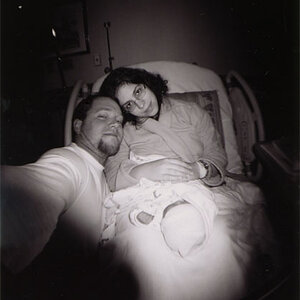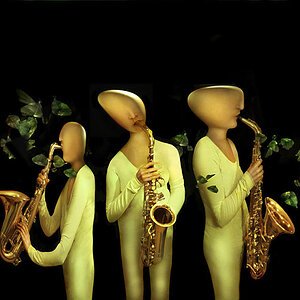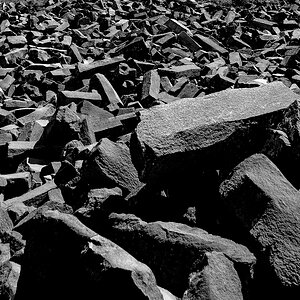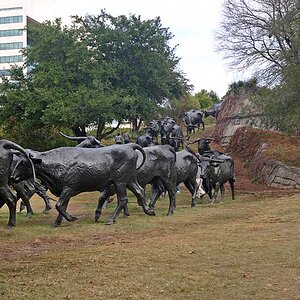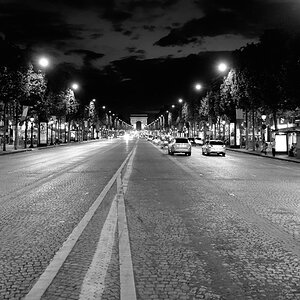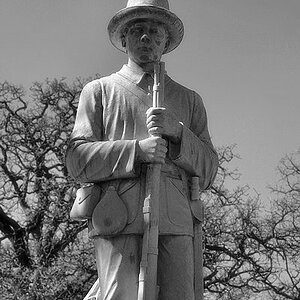fdiddy
TPF Noob!
- Joined
- Oct 13, 2009
- Messages
- 8
- Reaction score
- 0
- Location
- Vancouver, BC
- Can others edit my Photos
- Photos OK to edit
I am new to the technical aspect of photography but am very passionate about good photography and love to take pictures. I was looking at diving into a dSLR and then thought that I would love to learn photography from the ground up. I'd like to buy a 35mm SLR.
I like the idea of MF so that I can really work at doing everything myself, but don't know enough about the difference between MF and AF to make that decision.
The last thing that is high on my priority list (if it's at all possible) is to make sure that the lenses I will be buying for my 35mm will work with a dSLR that I undoubtedly will buy in the future. I prefer the style of Canon and Sony dSLRs but if Nikon makes lens interchangeability easier it's not a deal breaker.
I'm 100% on starting with 35mm, I will not buy a dSLR now, please don't recommend that I might as well just start with one.
Thanks for all of your knowledge and help.
I like the idea of MF so that I can really work at doing everything myself, but don't know enough about the difference between MF and AF to make that decision.
The last thing that is high on my priority list (if it's at all possible) is to make sure that the lenses I will be buying for my 35mm will work with a dSLR that I undoubtedly will buy in the future. I prefer the style of Canon and Sony dSLRs but if Nikon makes lens interchangeability easier it's not a deal breaker.
I'm 100% on starting with 35mm, I will not buy a dSLR now, please don't recommend that I might as well just start with one.
Thanks for all of your knowledge and help.


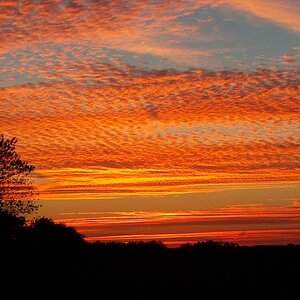
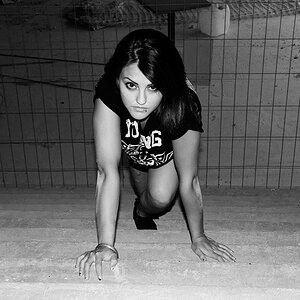
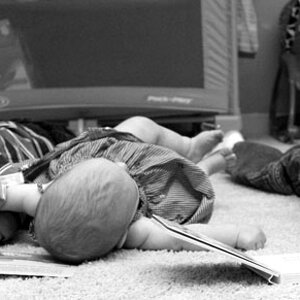
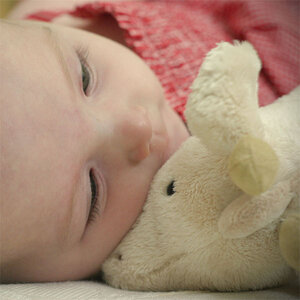
![[No title]](/data/xfmg/thumbnail/37/37245-5f15b292311b21913f10cc41f40682ba.jpg?1619737952)
